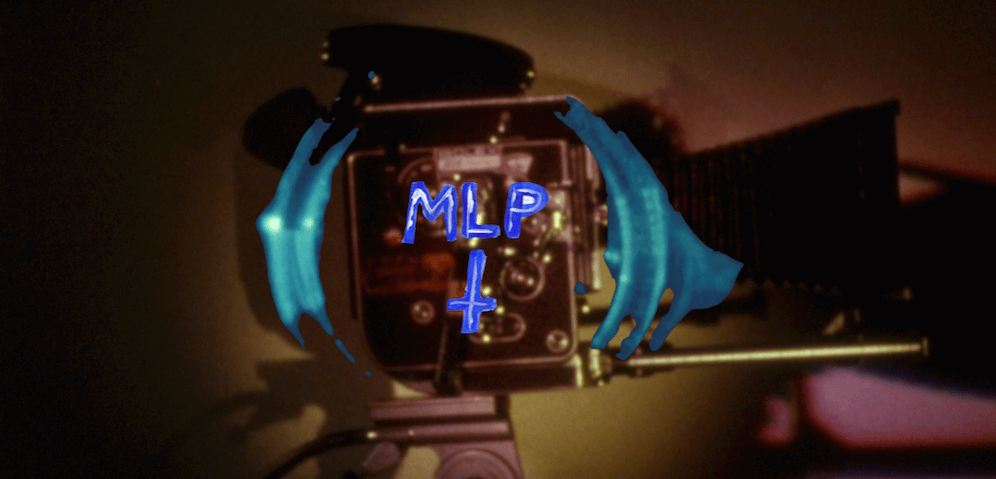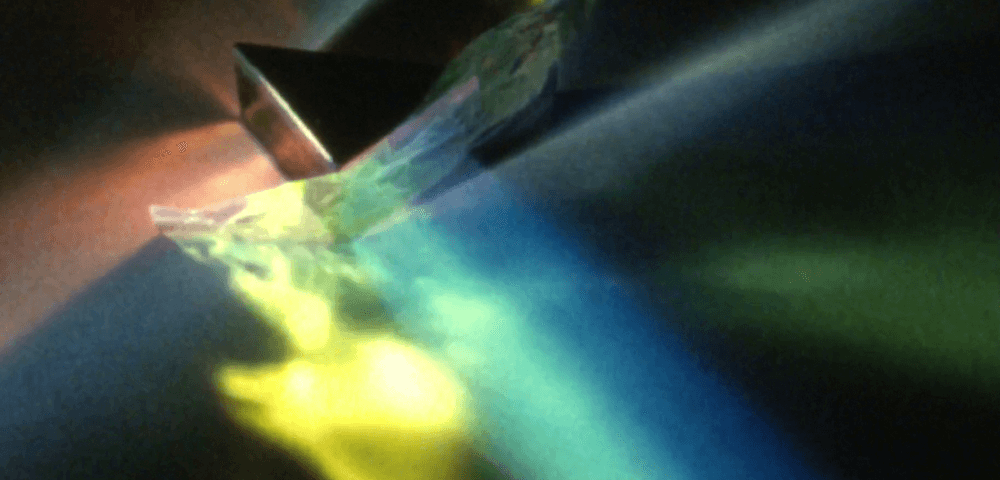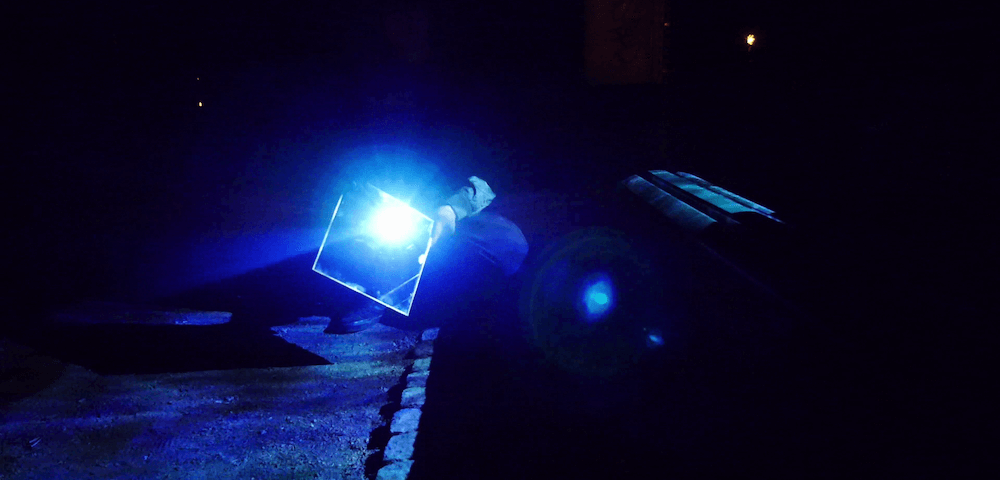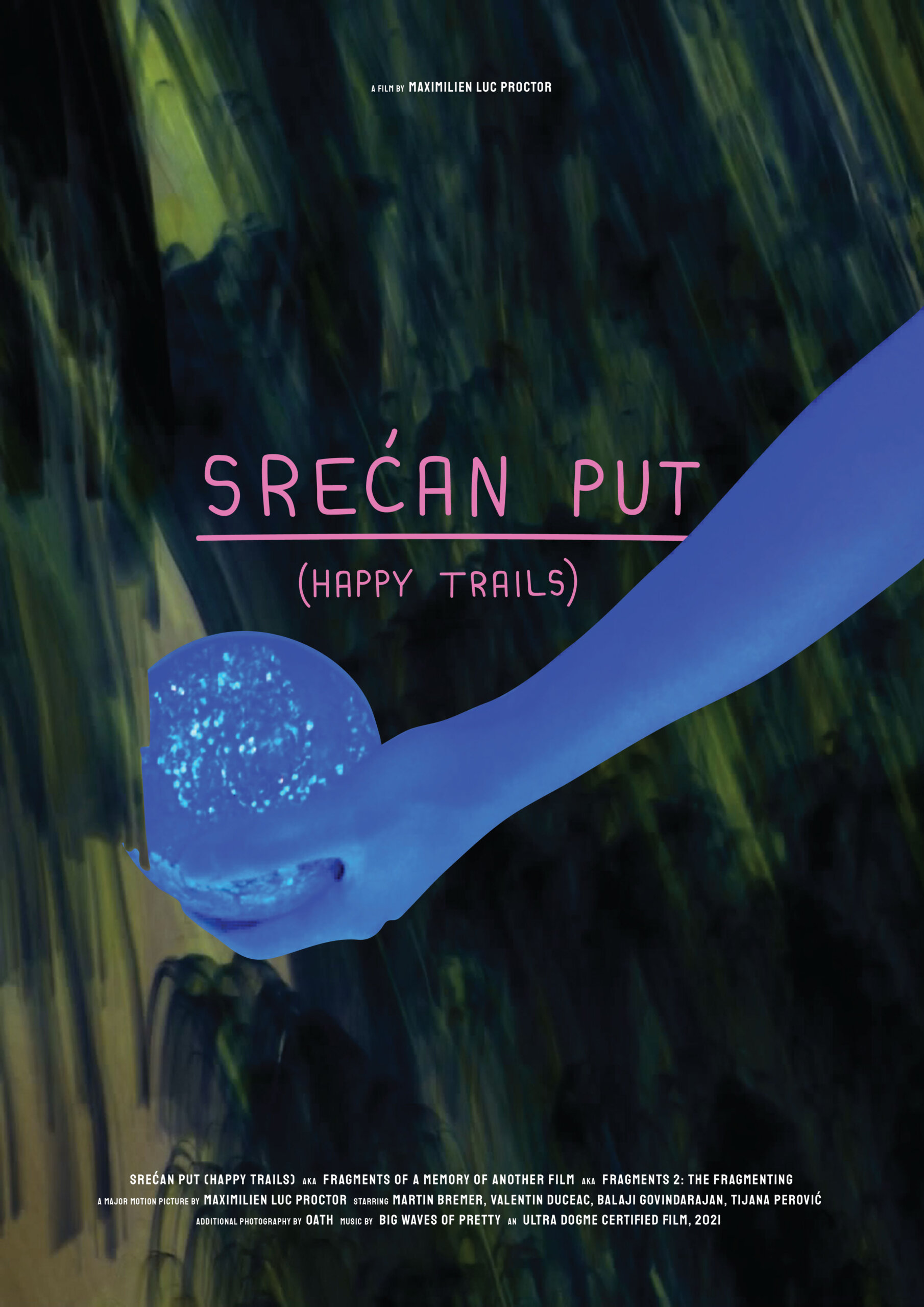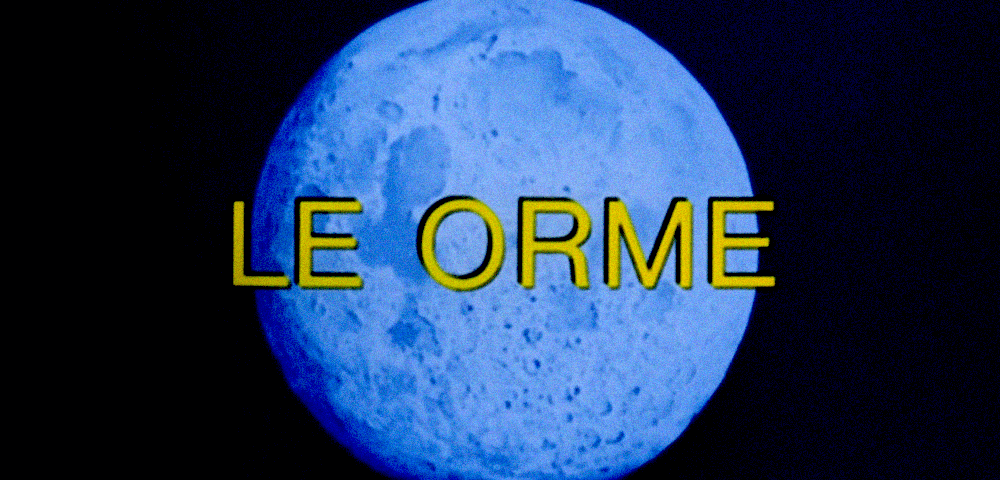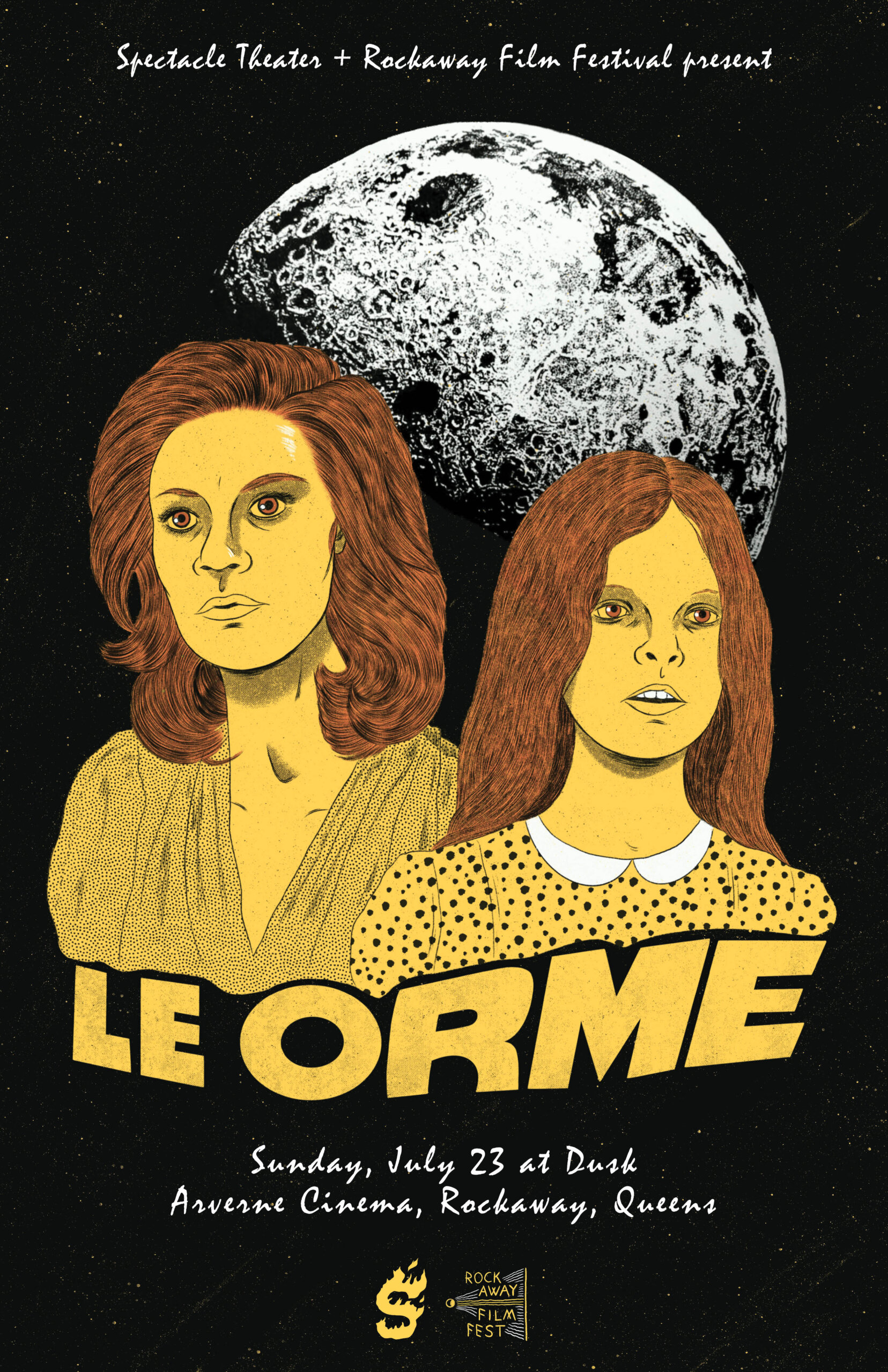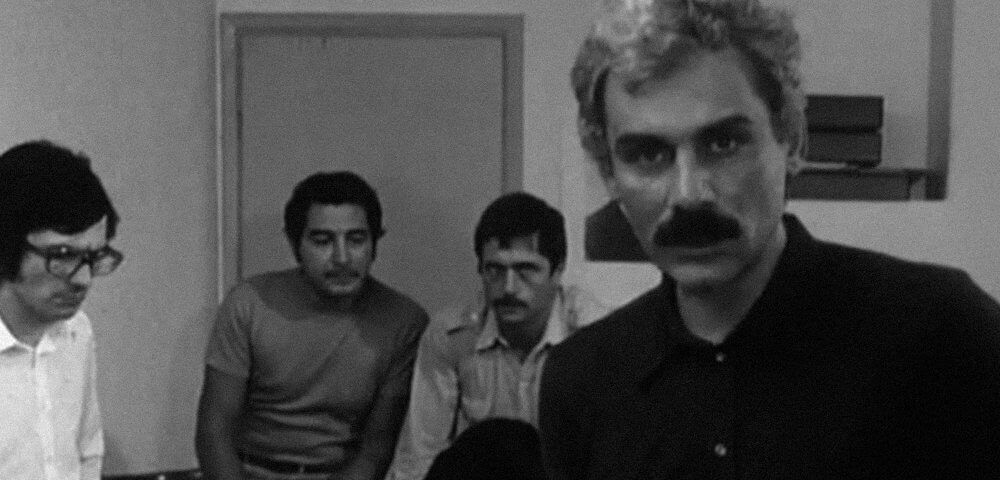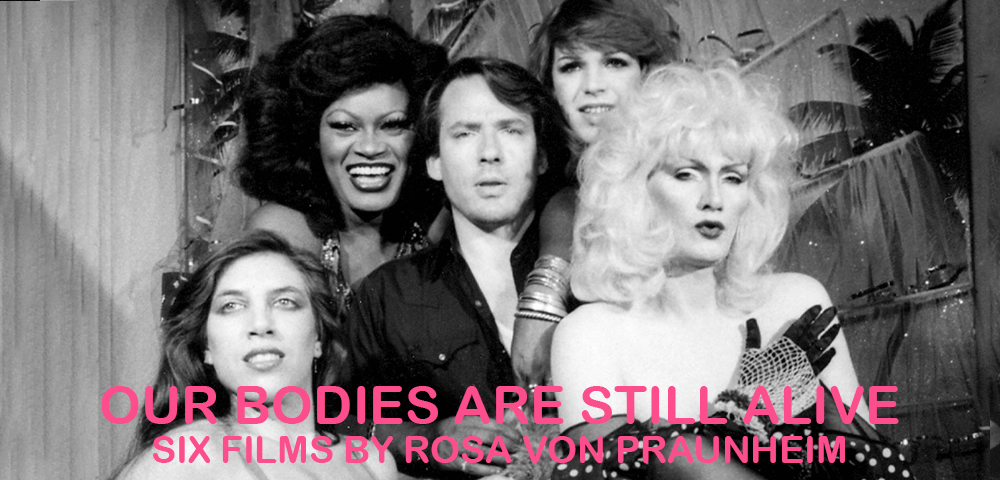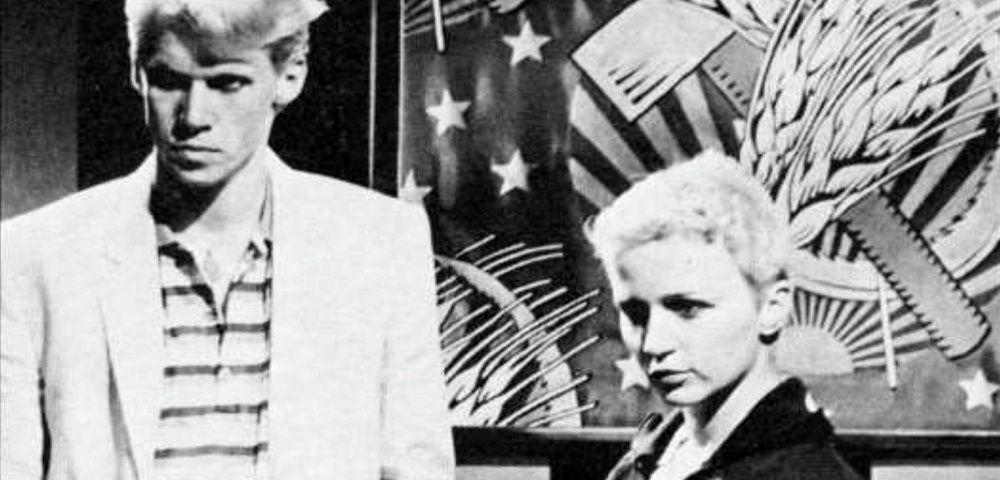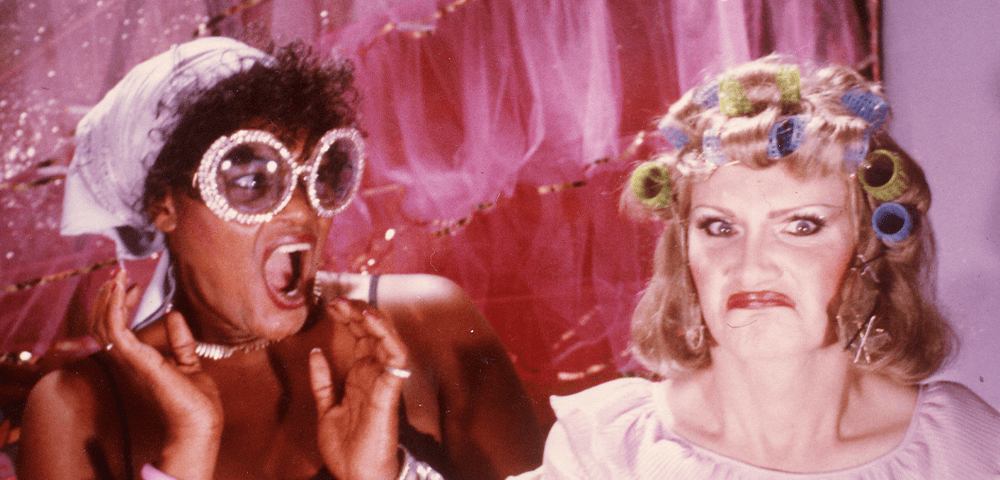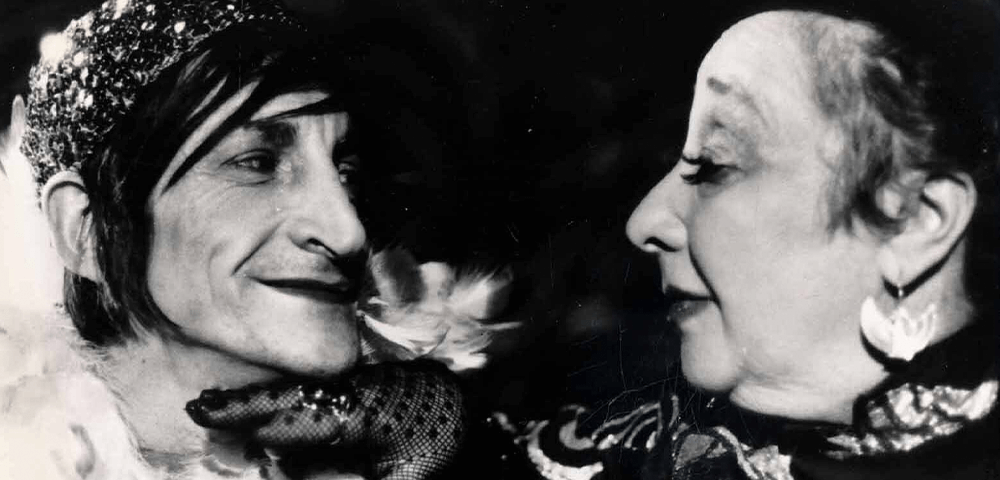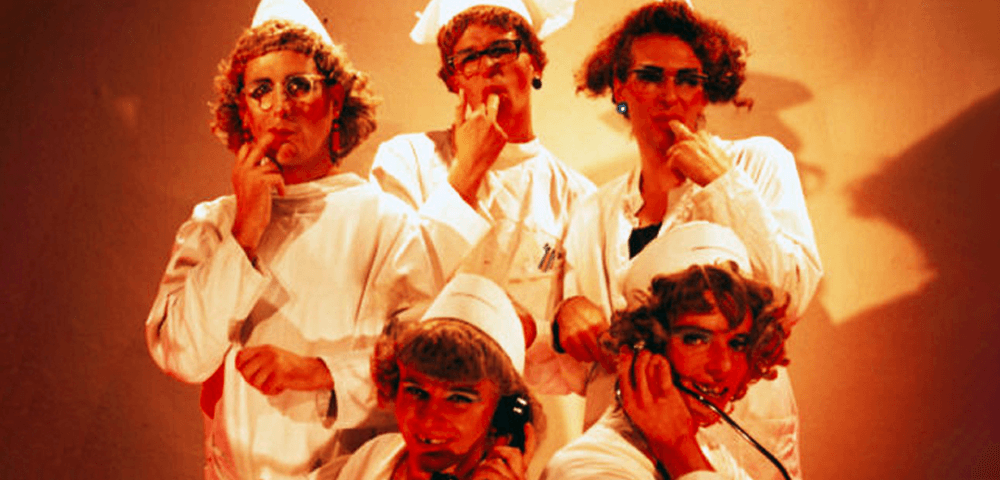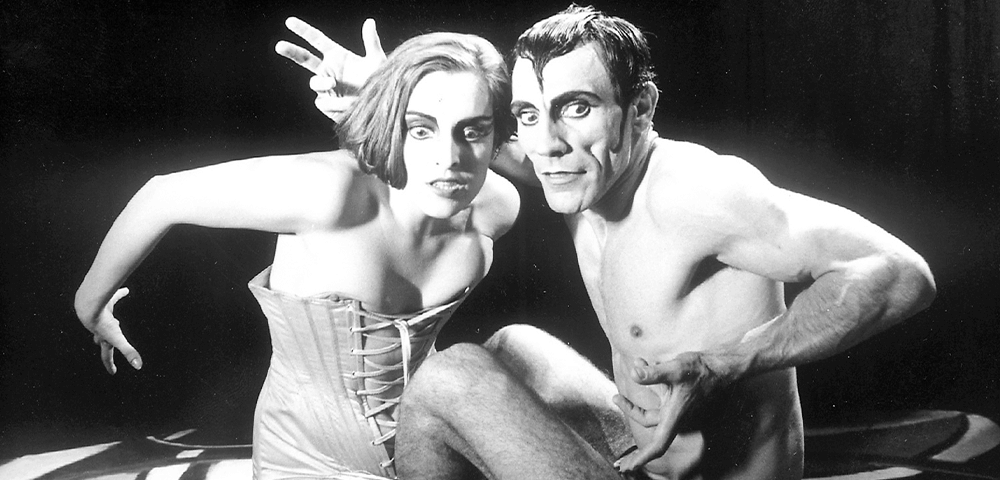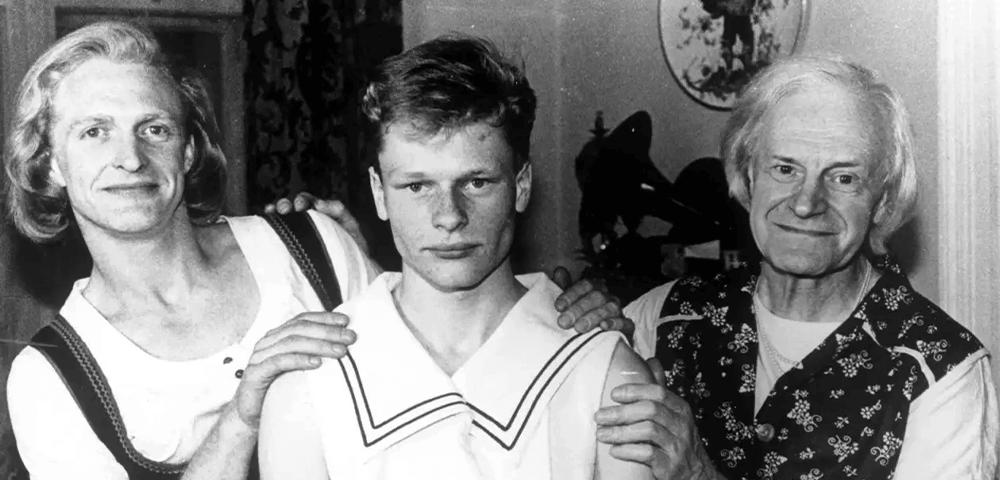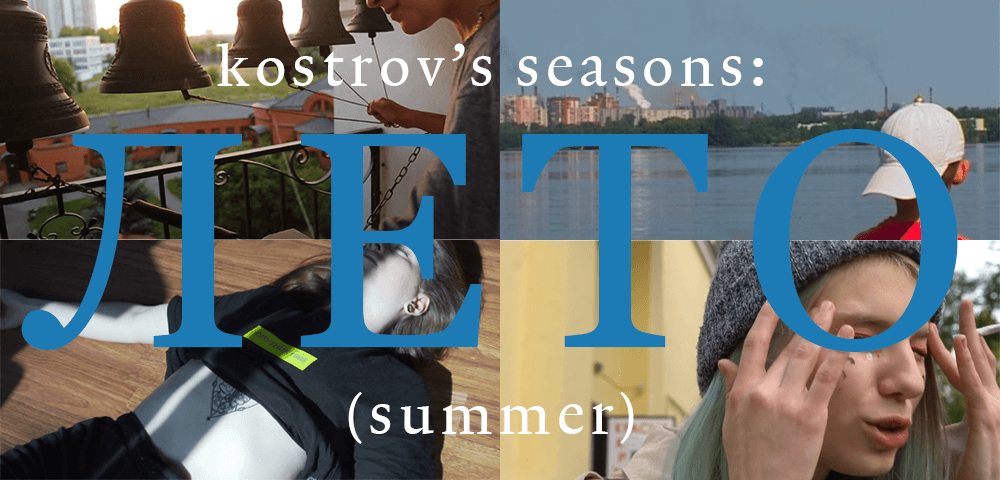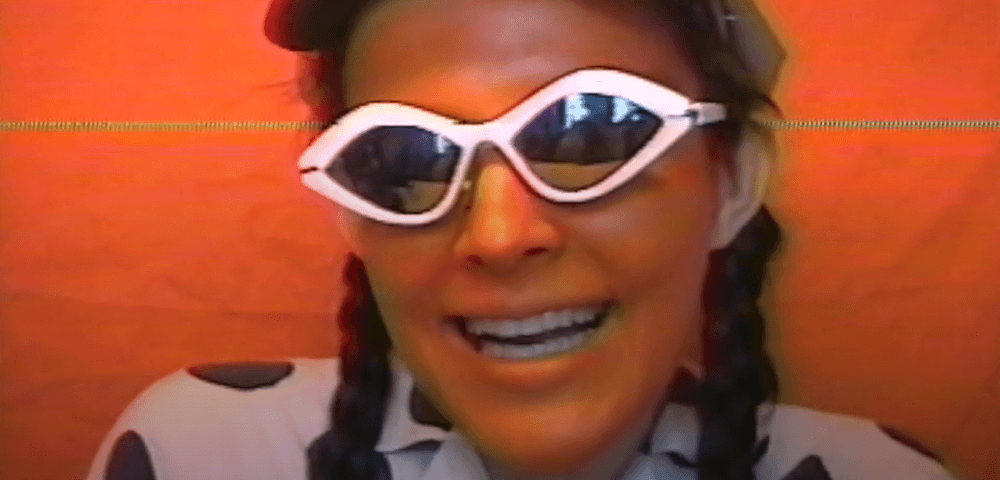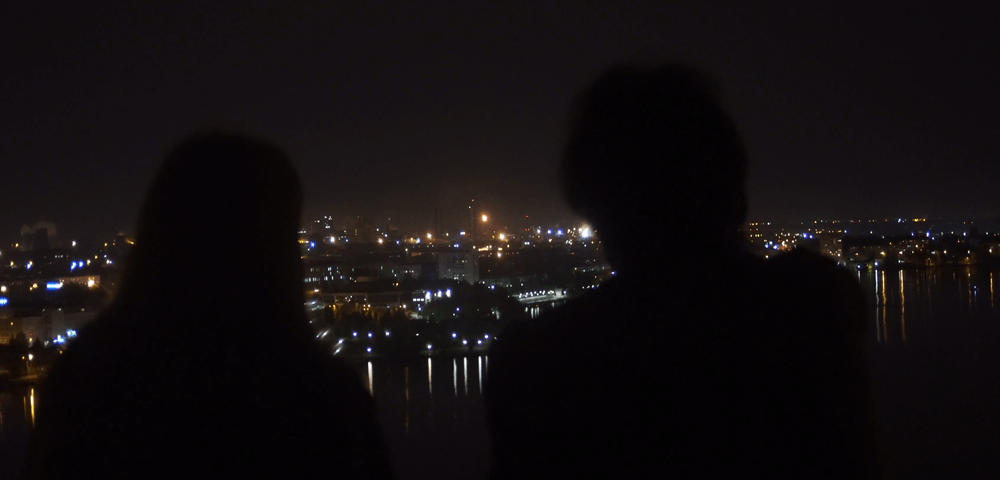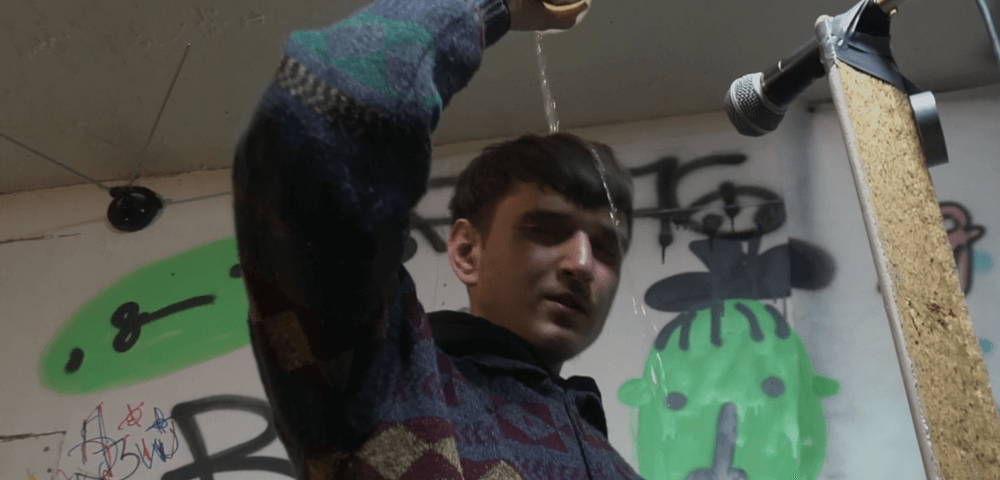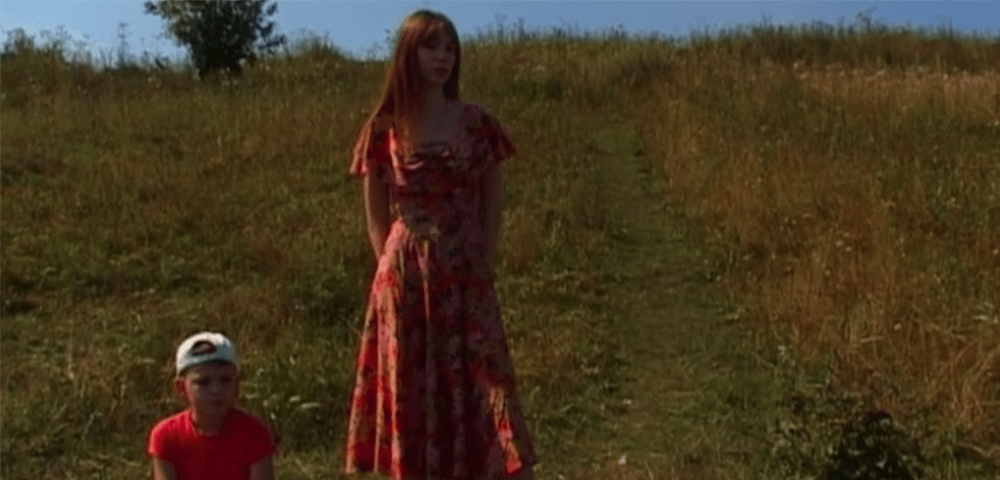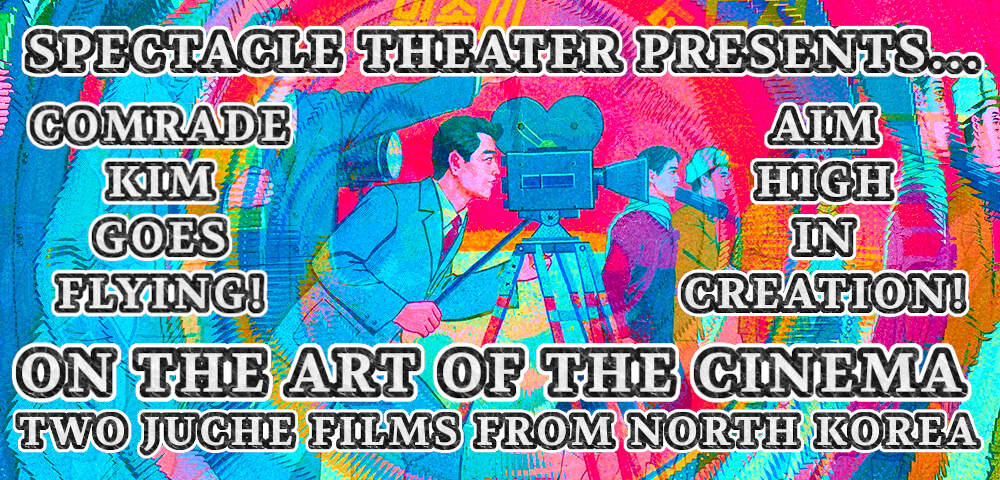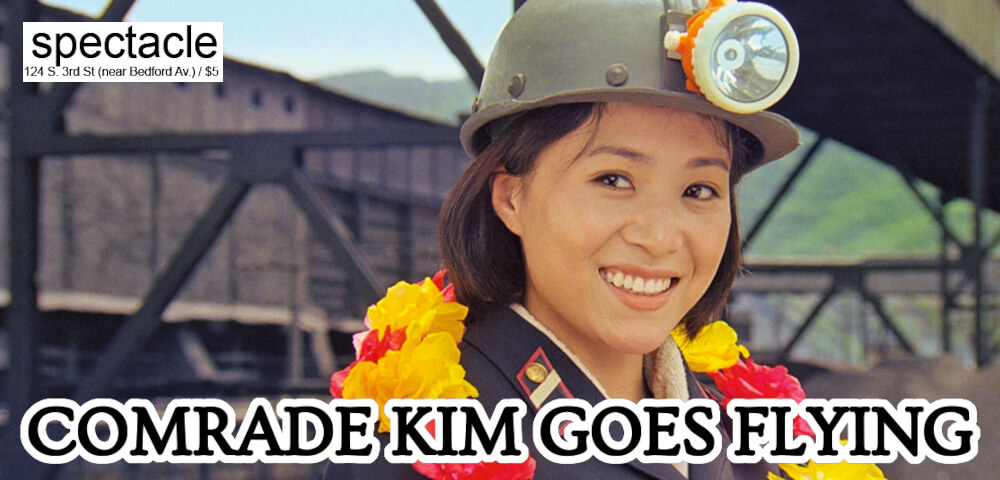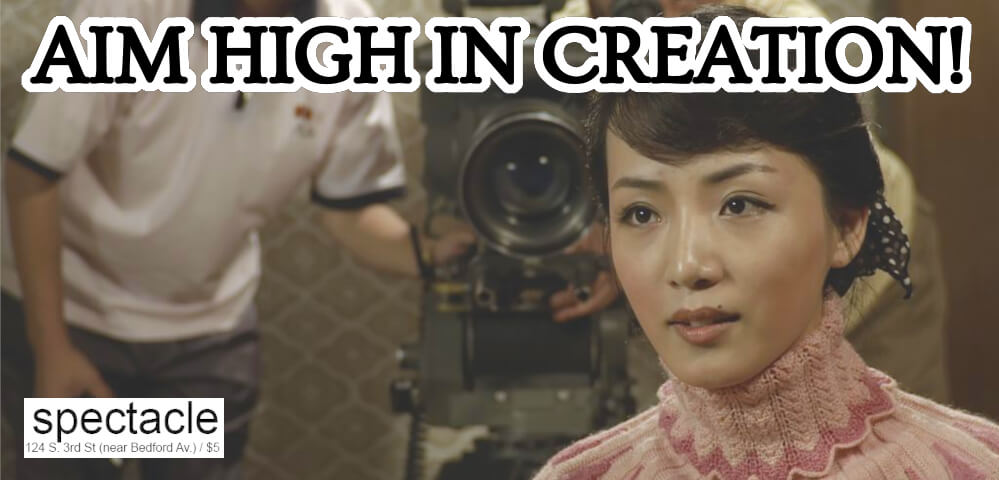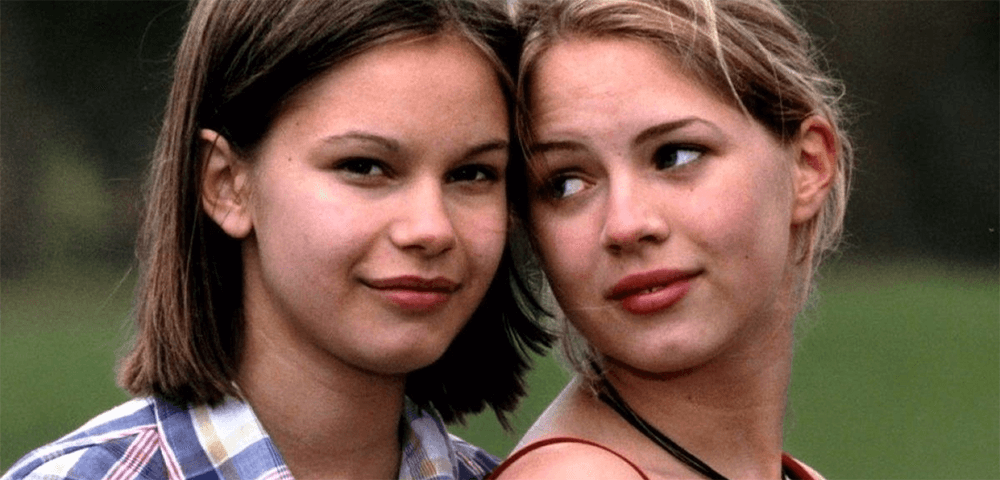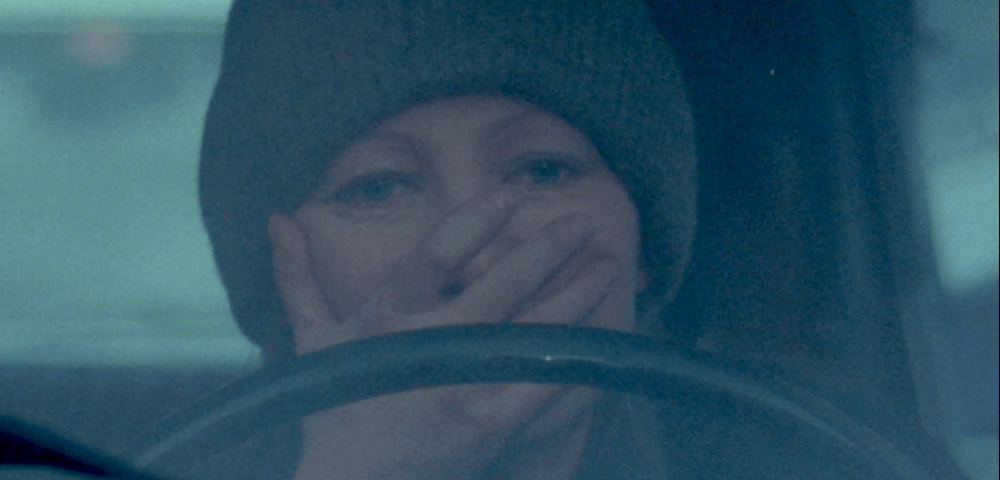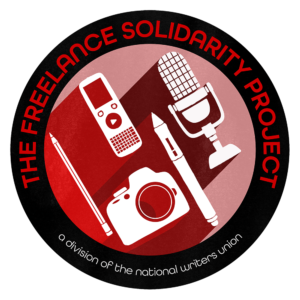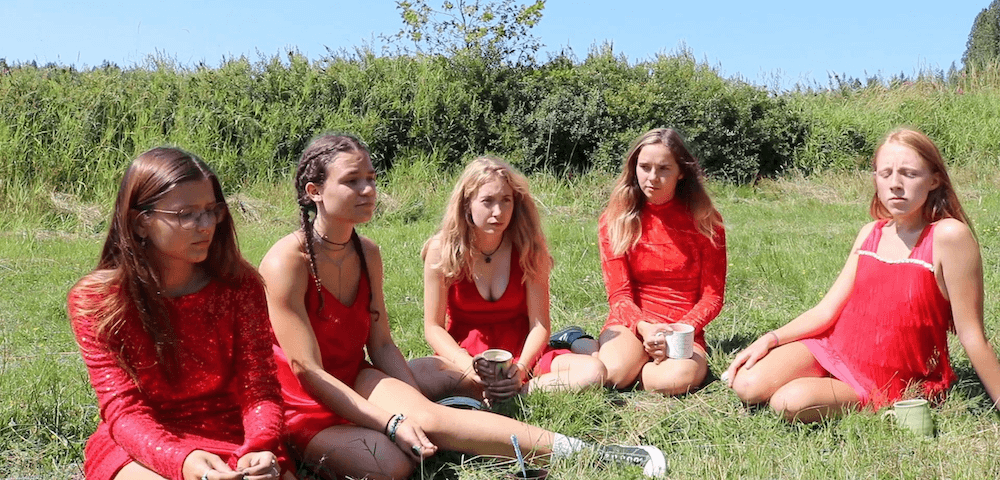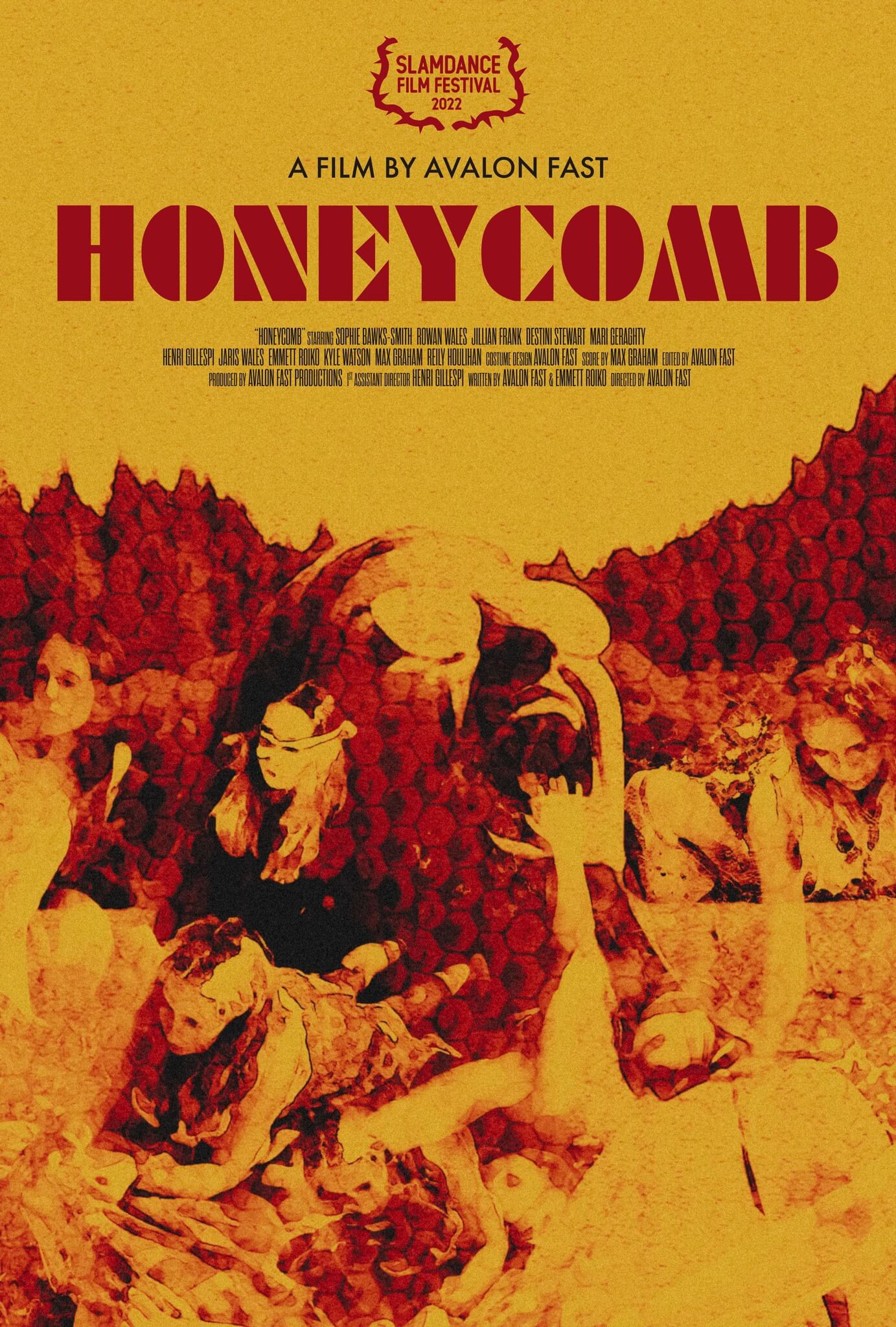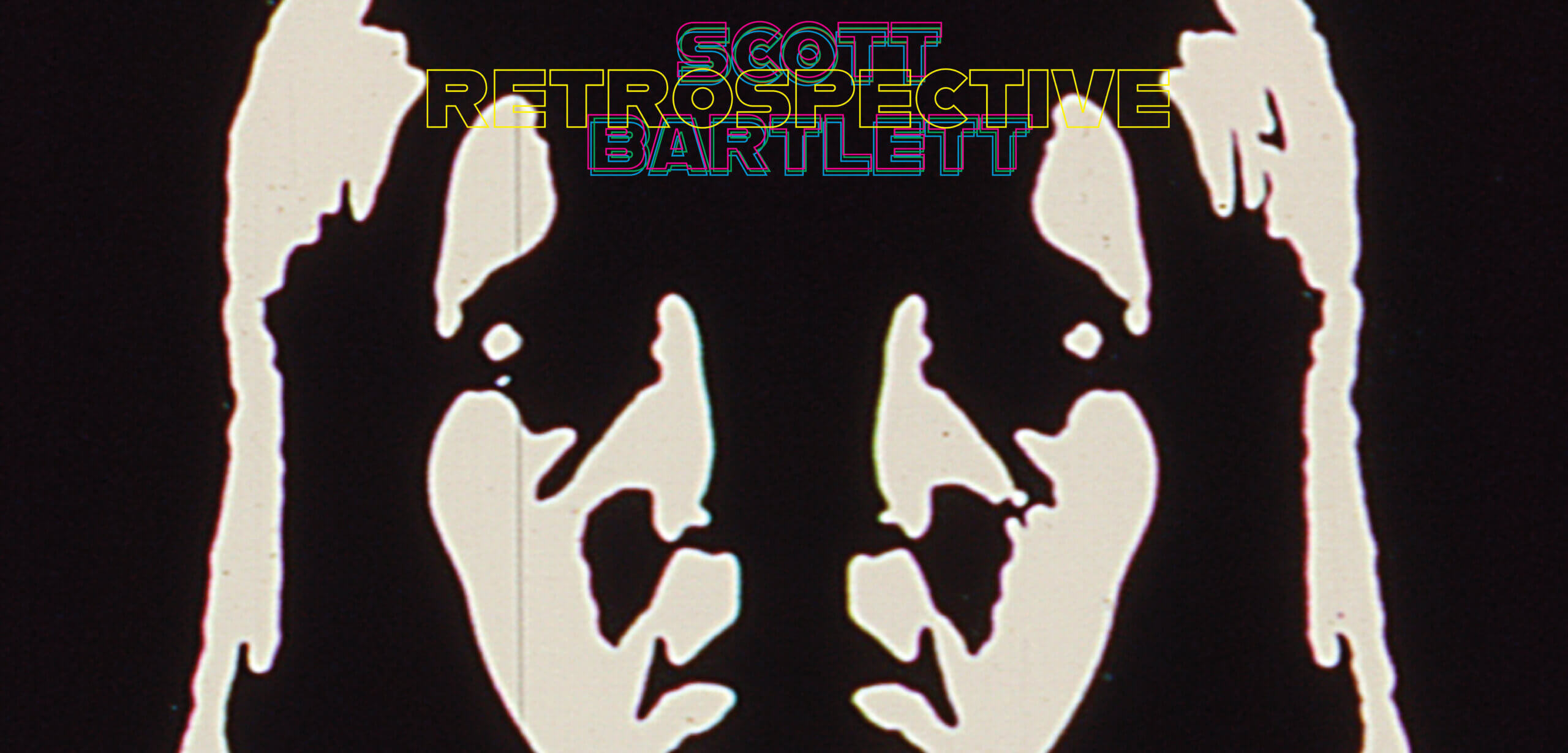
This September, Spectacle is proud to present a retrospective of the luminary American experimental filmmaker SCOTT BARTLETT in collaboration with The Film-Makers’ Cooperative. Thank you to the generosity of the Co-Op and joint programmer Robert Schneider, the films in this program will be projected on 16mm.
Scott Barlett (1943 – 1990) was a traveling man with a fancy for strobing lights and fast motion. His films are pure psychedelia. Patching together philosophical ramblings on mystic traditions, hit songs from the ‘60s and ‘70s, and wobbly light patterns, Bartlett creates pithy works of genius. To this day, he remains best known for 1968’s OFFON, a gleaming vision of the cosmos that tested the limits of early video technology and set Bartlett down a path of stalwart experimentation within the cinematic tradition.
After OFFON’s success, Bartlett relocated to San Francisco where he became a light-show pioneer, creating flicker films for concerts and art shows all over the city. His films caught the attention of Stanley Kubrick (who took inspiration from OFFON for 2001: A SPACE ODYSSEY), Ken Russell, and Movie Brats George Lucas and Francis Coppola who tried but failed to get his science fiction epic INTERFACE off the ground. Nonetheless, his keen graphic sensibilities are sprinkled throughout many Hollywood films, including ALTERED STATES and MORE AMERICAN GRAFFITI. But his true talent is best displayed throughout his unbridled directorial ventures which combine his fascinations with psychedelics, mysticism, and outer space into visual portals that open gateways into unseen dimensions of cinematic splendor.
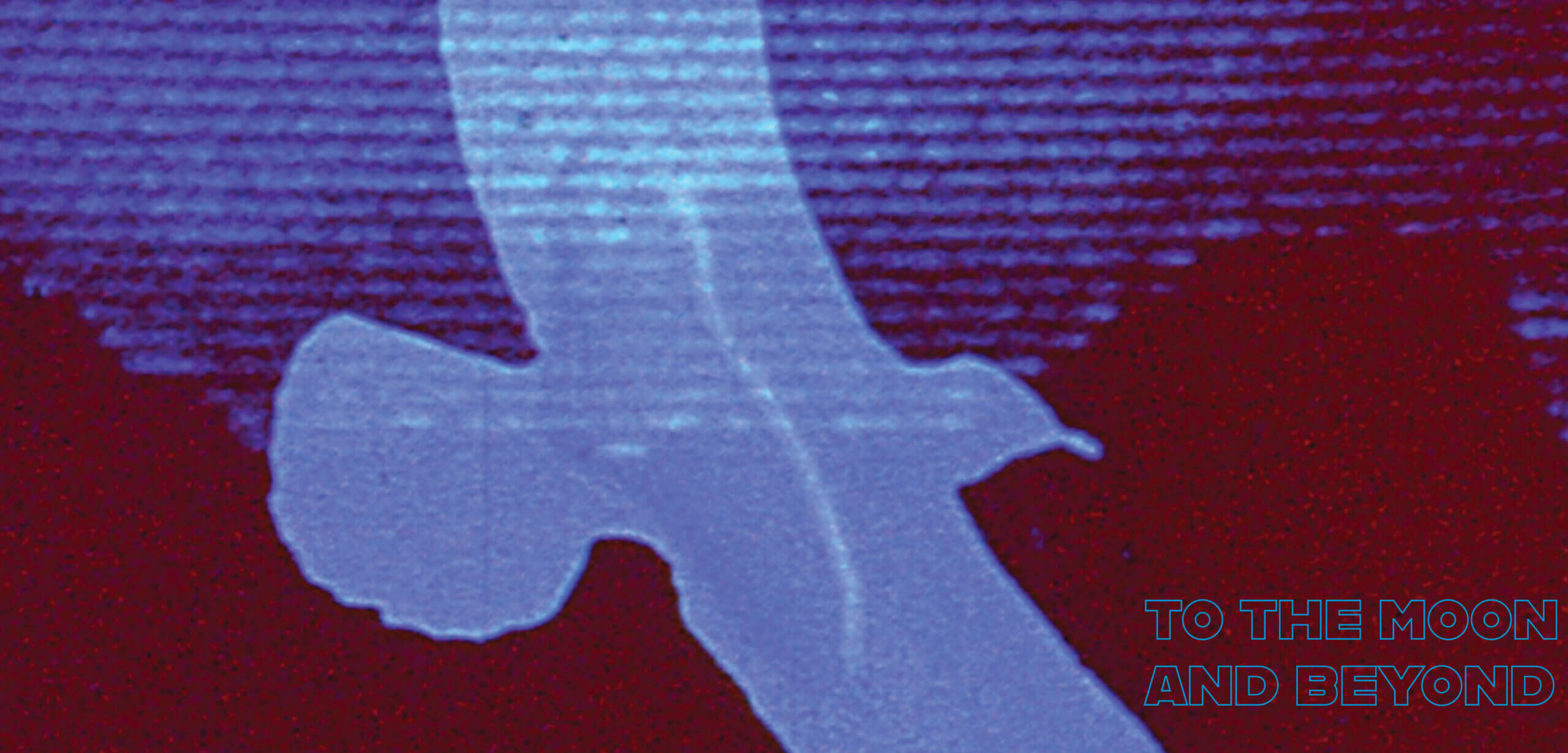
PROGRAM ONE: To the Moon and Beyond
MAKING OFFON. 1981. 10 mins.
METANOMEN. 1966. 8 mins.
SERPENT. 1971. 14 mins.
MOON 1969. 1969. 10 mins.
OFFON. 1968. 9 mins.
Total runtime approx 50 mins.
SATURDAY, SEPTEMBER 16 – 3:00 PM, this event is $10
ADVANCE TICKETS
Scott Bartlett was haunted by outer space throughout his life. In a lecture at the Carnegie Museum of Art, he said he wanted to express “the meaning of the universe” by depicting visions of the cosmos that surpassed the limits of human consciousness. His crowning achievement, OFFON, might represent the zenith of these ambitions, but Bartlett’s intense curiosity in space is shared across many of his short films.
Made in 1981, while Bartlett was teaching in Los Angeles, MAKING OFFON dives back into his origins as a filmmaker and sets the scene for his artistic mission. His first film, METANOMEN, still sees him stuck on Earth. Collaging images of skyscrapers into a rollicking city tour, the film foretells Bartlett’s consuming interest with worlds beyond our own. SERPENT — a magic mushroom-inspired retelling of the Eden myth — finds Bartlett playing with recycled imagery in an attempt to link various historical narratives into a short parable about humanity’s destructive tendencies. MOON 1969 and OFFON take Bartlett elsewhere and are best described by film critic Gene Youngblood as “the cosmos in continual transformation” and explorations of the “fundamental realities below the surface of normal perception” respectively.
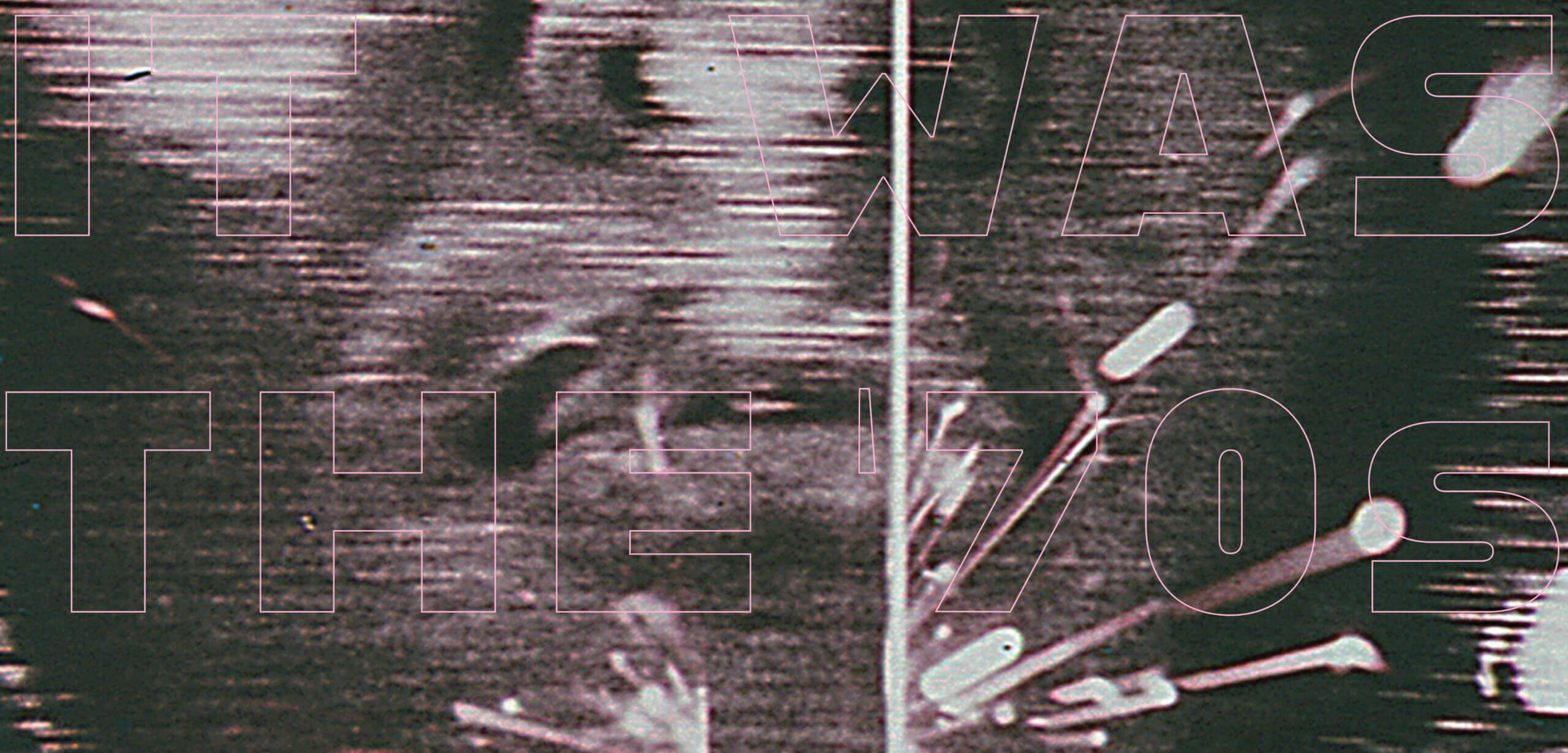
PROGRAM TWO: It was the ‘70s
1970. 1972. 30 min.
A TRIP TO THE MOON. 1968. 32 min.
Total runtime approx. 62 mins.
SATURDAY, SEPTEMBER 23 – 3:00 PM, this event is $10
ADVANCE TICKETS
Bartlett’s longest works are also the most emblematic of his era. The tragicomic 1970 is a city symphony unlike any other. Moving between personal documentary and city portrait, 1970 displays Bartlett’s incredible ability to shift between the world’s micro and macro elements in his artistic practice. In A TRIP TO THE MOON, he films a conversation between seven artists discussing astrology and I Ching. Bartlett’s effortless control of the edit complements the artists’ metaphysical conversation, as he superimposes talking heads and cuts away to abstract images that illustrate their heady ideas.
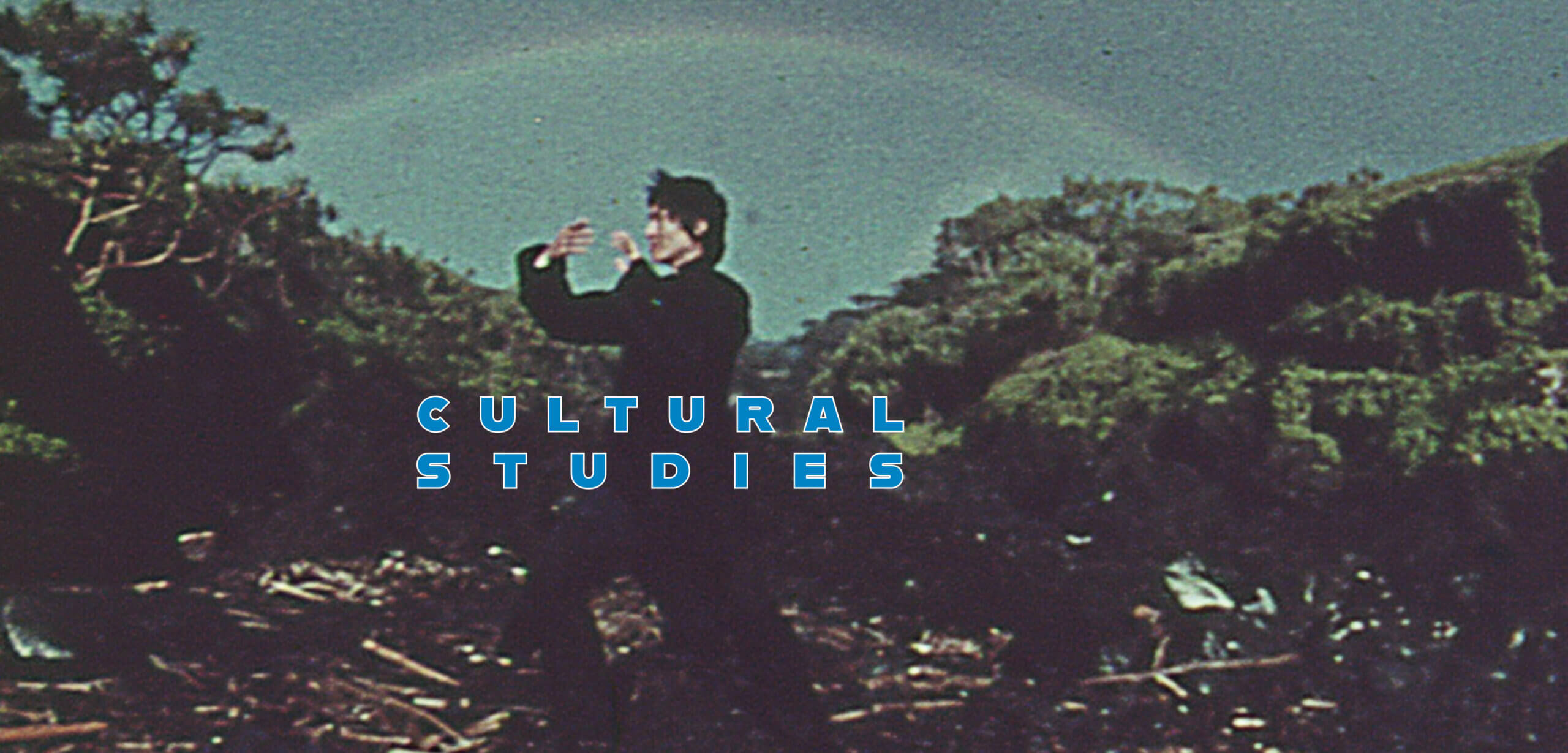
PROGRAM THREE: Cultural Studies
LOVEMAKING. 1970. 13 min. (Not on 16mm; New Restoration from BAMPFA)
GREENFIELD. 1977. 13 min.
HEAVY METAL. 1979. 13 min.
MEDINA. 1976. 15 min.
SOUND OF ONE. 1976. 11 min.
Total runtime approx 65 mins.
SATURDAY, SEPTEMBER 30 – 3:00 PM, this event is $10
ADVANCE TICKETS
Always absorbed by his surroundings, Bartlett made exceptional ethnographic works and personal portraits throughout his life. In LOVEMAKING, he tackled his eponymous subject matter head on, creating an anti-sexploitation film that luxuriates in its romantic imaging of sex. GREENFIELD sees him venture to a commune in Northern California where he becomes absorbed in the free rhythms of its residents’ work and leisure. For HEAVY METAL, Bartlett used elaborate optical techniques to explore early gangster films. MEDINA and SOUND OF ONE both center Bartlett’s interests in non-Western traditions. Here, Bartlett surrenders himself to his environs, letting their patterns and actions guide his camera’s movement.
>Special thanks to Robert Schneider at The Film-Makers’ Co-Op.

